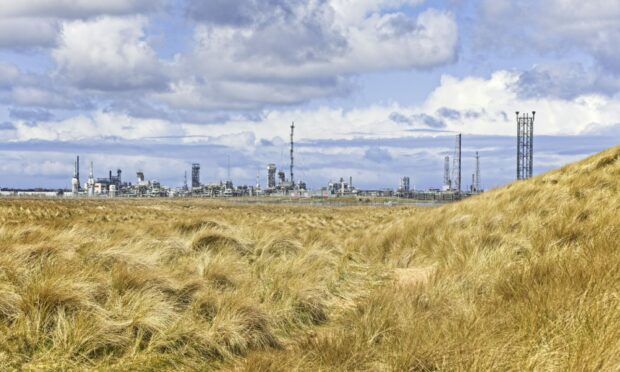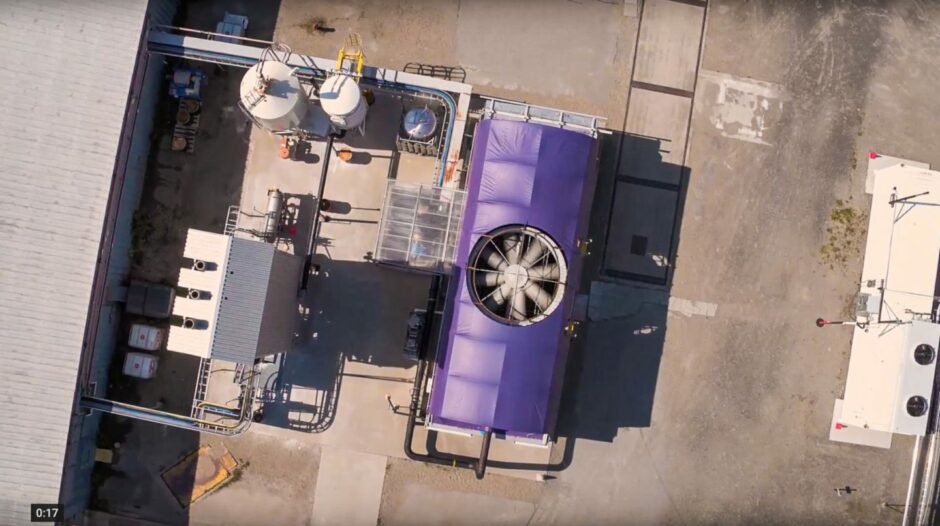Storegga has urged the UK Government to “push the button” on emissions-busting technology which could create thousands of jobs in Aberdeenshire.
The company is planning the first large-scale Dac plant in Europe in Aberdeenshire, which could support up to 3,500 construction and operational jobs in the region.
Responding to a consultation on the UK’s emissions trading scheme (UK ETS), Storegga said including direct air capture and storage technology (Dac) in the scheme is “essential” to meet the UK’s net zero goals.
Including that technology – along with other greenhouse gas removals (GGR) tech – will give the “signal needed” to trigger a new direct air capture market in the UK, Storegga said.
The UK ETS is a government-run scheme designed to reduce greenhouse gas emissions.
The government sets a maximum level for total emissions, and every unit of emissions up to this maximum is considered to be part of a system of tradeable allowances.
Every year the cap is reduced – increasing the cost of allowances.
Create a ‘climate repair’ industry
Sanjay Parekh, head of direct air capture at Storegga, said: “Creating a climate repair industry in the UK will create wealth and support regions affected acutely by the cost-of-living crisis.
“Championing the development of Europe’s first direct air capture and storage plant of the scale planned in Aberdeenshire could support thousands of jobs in a region which needs a long-term plan to transition jobs away from oil and gas, while also delivering 20% of the Government’s carbon removal target in an efficient and cost-effective way.
“At the same time, direct air capture and storage provides an opportunity for climate justice.
“Western nations – who have been responsible for most historical pollution – can start to redress the balance and in time remove CO2 from historic emissions.
“It is fairer for the historically big polluters and countries that can afford it to start tackling CO2 removal.”
Storegga is behind other projects in the north-east including Acorn CCS, which forms the backbone of the Scottish carbon capture and storage cluster.
Acorn takes in key facilities across the north-east including the port and the St Fergus gas terminal in Peterhead, as well as former oil and gas pipelines and North Sea geographical features that are expected can be used to store CO2 permanently and safely.
Huge dismay met the UK Government’s decision to snub the north-east in a £1 billion funding competition last year which saw rival carbon and capture projects in “red wall” constituencies in the North of England awarded instead, leaving the Scottish Cluster, led by Acorn, as a so-called “reserve cluster”.
Consultation
The consultation on the UK ETS opened in March and is due to close later this week.
The UK ETS Authority – made up of the UK, Scottish and Welsh Governments alongside and the Department of Agriculture, Environment and Rural Affairs in Northern Ireland – currently says Dac technology and GGRs generall will be “crucial” to plans to elimiate carbon from the most polluting sectors.
The UK Government is also taking a further consultation on how to “incentivise early investment” in schemes in order to “enable deployment from mid-to-late 2020s”.



Conversation